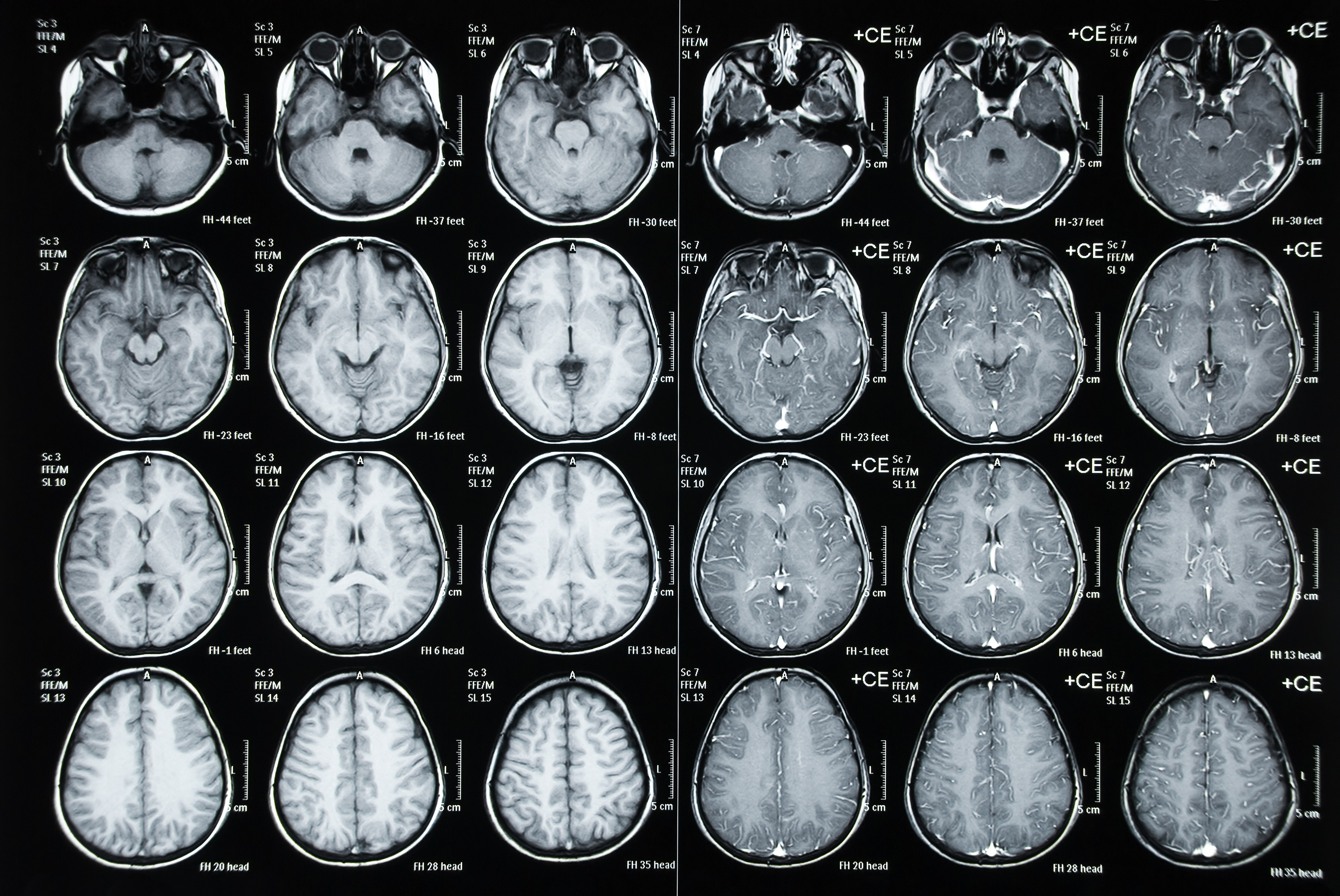Spending long periods of time in space affects an astronaut’s brain, according to a new study published in the New England Journal of Medicine. Specifically, the brain floats upwards, decreasing the amount of protective fluid that cushions the organ. It’s unclear whether this movement adversely affects an astronaut’s well-being.
Scientists scanned the brains of 16 astronauts on Earth and later after they spent a couple of weeks on NASA’s space shuttle. They also examined 18 astronauts before and after they lived on the International Space Station. The scientists concluded that those who stayed in space longer had more obvious changes in their brains.
Some astronauts have noted that they feel increased pressure in their heads while in space. Others have had problems with their vision. These issues may be linked to the shifting of the brain in zero gravity.
It’s unknown how long the changes in the brain last after the astronauts return home. Further research is critical because NASA and entities such as SpaceX plan on sending people to the Moon and Mars in the future. Because these missions may take months or years to execute, scientists may want to examine ways to reduce the effects of zero gravity on an astronaut’s brain.
“We don’t know if these changes will continue to worsen with mission duration or if they may eventually reach a plateau,” researcher Donna Roberts from the Medical University of South Carolina told CNN.
“We hypothesize that upward brain shift and expansion of tissue along the top of the brain may in result in compression of adjacent venous structures along the top of the head.
“While we cannot prove it yet, we suspect that this may ultimately result in a decrease in the outflow of (cerebrospinal fluid) and blood from the head.”
Space travel affects astronauts in various ways. Bones and muscles lose strength, and body fluids shift towards the head. The shifting of the brain may also move the cerebrospinal fluid inside the skull. This substance protects the brain from impacts.
The brain scans from the study showed there was a decrease in the cerebrospinal fluid near the top of the brain when the astronauts returned from space, reports The Verge. Zero gravity may be moving the fluid away from the skull. It’s possible this movement could result in cognitive changes. It may also affect the optic nerves, which would explain why some astronauts notice changes in their vision.
Dorit Donoviel, the interim director of the Translational Research Institute for Space Health, was not involved in the study but told The Verge that he believes certain methods may reduce movement of the brain in space, including devices that pull an astronaut’s legs while they’re sleeping to keep pressure off of the brain.


